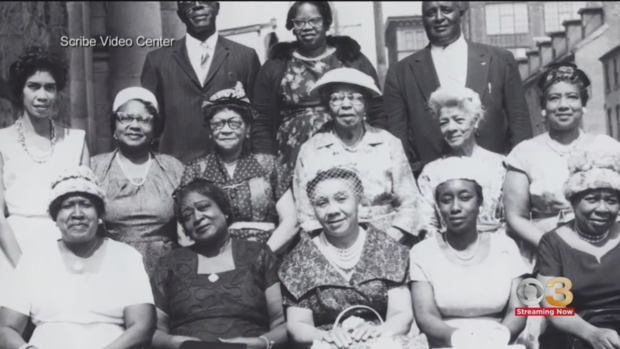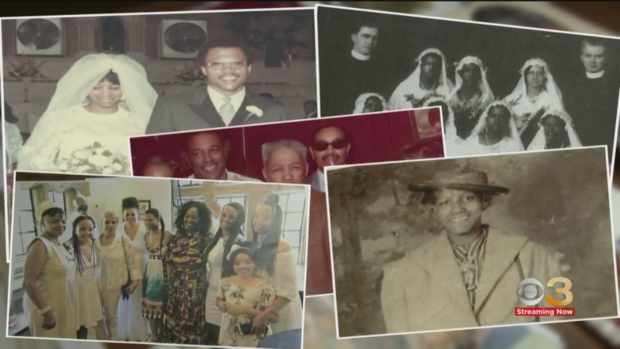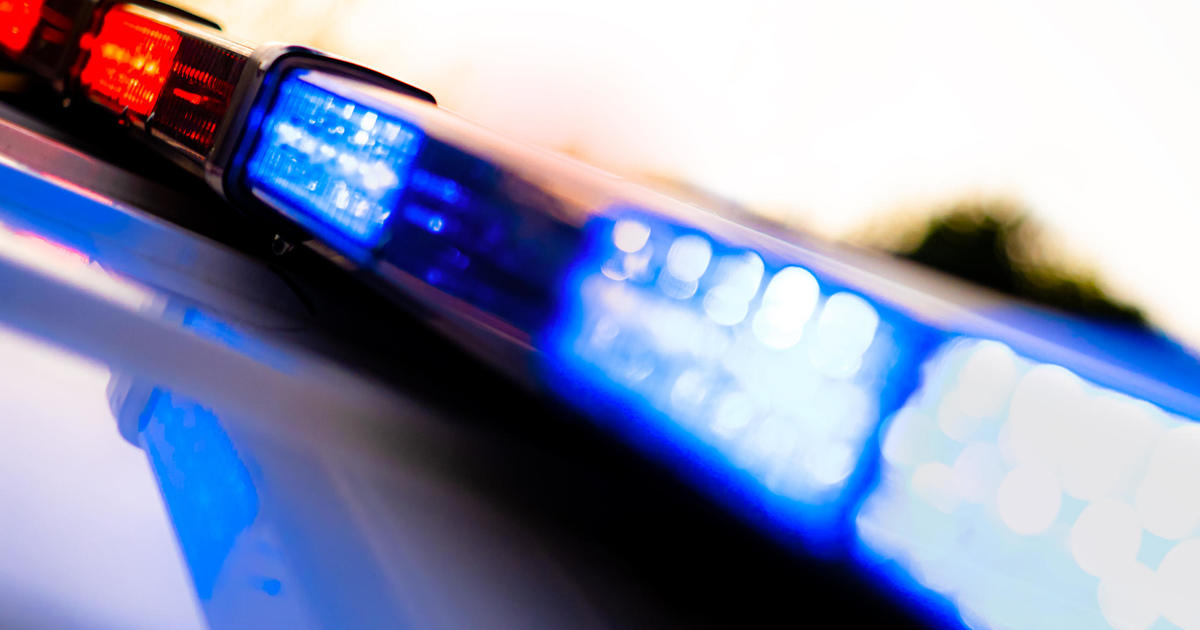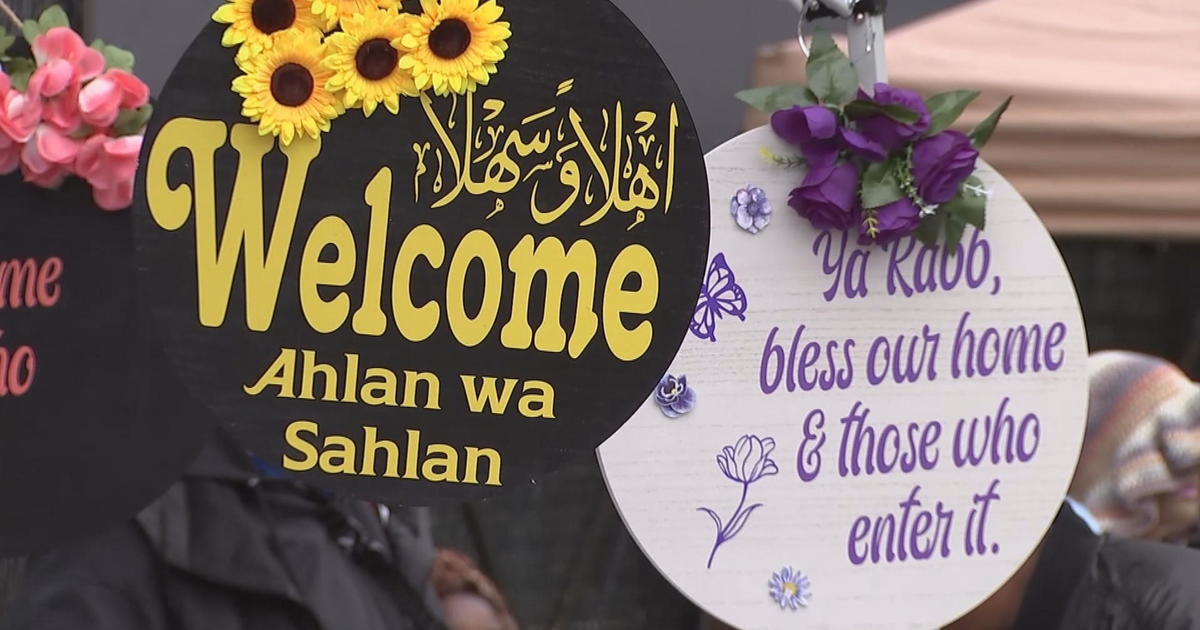Philadelphia's Black Catholics mourn closure of historic church
PHILADELPHIA (CBS) -- The recent decision by the Archdiocese of Philadelphia to permanently close what is historically known as the mother church for the city's Black Catholics is heartbreaking for long-time members.
This Black History Month, we take a look back at the legacy of St. Peter Claver and talk to parishioners on a mission to save it.
Adrienne Andrews Harris is a proud third-generation member of St. Peter Claver Parish. Her recollection of attending Philadelphia's first Roman Catholic Church for Black people in Philadelphia is as vivid as yesterday.
"Black people weren't welcomed at other parishes," Andrews Harris said. "So, St. Peter Claver was it."
The historic mother church for Black Catholics was dedicated in 1892 and named after a 16th-century saint who fought the slave trade.
Located at 12th and Lombard Streets, it once sat in the heart of a predominantly Black neighborhood and Black Catholics from all around the city came there to worship.
"Because so many people live so far away they would spend the day because ... it was too far," Andrews Harris said. "They'd just spend their whole Sundays and time there."
Over the years, the neighborhood changed, and the area became more gentrified.
Urban renewal enveloped the community and a church where parishioners once packed the pews drew a more sparse crowd.
In 1984, the archdiocese closed the church's parish.
Andrews Harris was in the service a year later when they learned the church was officially suppressed by the Archdiocese, meaning St. Peter Claver could no longer hold regular Mass, accept new parishioners or perform baptisms, marriages or funerals.
"We didn't believe it," she said. "I grew up at St. Peter Claver, I was in St. Peter Claver my whole life. And when I got married, I received all of my sacraments there."
When St. Peter Claver closed in 1985, the archdiocese converted the former parish into the Saint Peter Claver Center for Evangelization, only to finally close that center in October 2014.
Andrews Harris and other members of the congregation began a long battle to protect and preserve the mother church of Black Catholics in Philadelphia, filing appeals and creating legal barriers, only to find out in December 2022 that it would officially be closed in late January of this year.
"This church should be saved because it is our church, it's our history and for many of us, it's our only thing we have of our ancestors," parishioners wrote in a reply to the archbishop's decree.
The Archdiocese of Philadelphia sent CBS News Philadelphia a letter in response to the closure of St. Peter Claver saying in part:
As the Black Catholic community spread to many areas of the archdiocese, the SPCCE became utilized by fewer and fewer people over the years, and mass was being offered on a monthly basis and was attended by fewer than 15 people.
It goes on to say:
The former Saint Peter Claver Church building has been sitting vacant as an unutilized asset for some time. The recent decree and a potential future real estate transaction will allow for greater support of ministry to the Black Catholic community in the archdiocese.
Andrews Harris is the historian and archivist for the church. She has amassed mounds of historical documents outlining a history of Black Catholicism that many never knew.
"Did you know 3 popes were Black?" she said.
She continues to fight to preserve the church's place in history and is continuing the fight to reopen its doors.
"They just want us to die," she said, "to cease to exist."
"I would die for that church because I know how good it was," she added. "What it meant to me and so many others."





